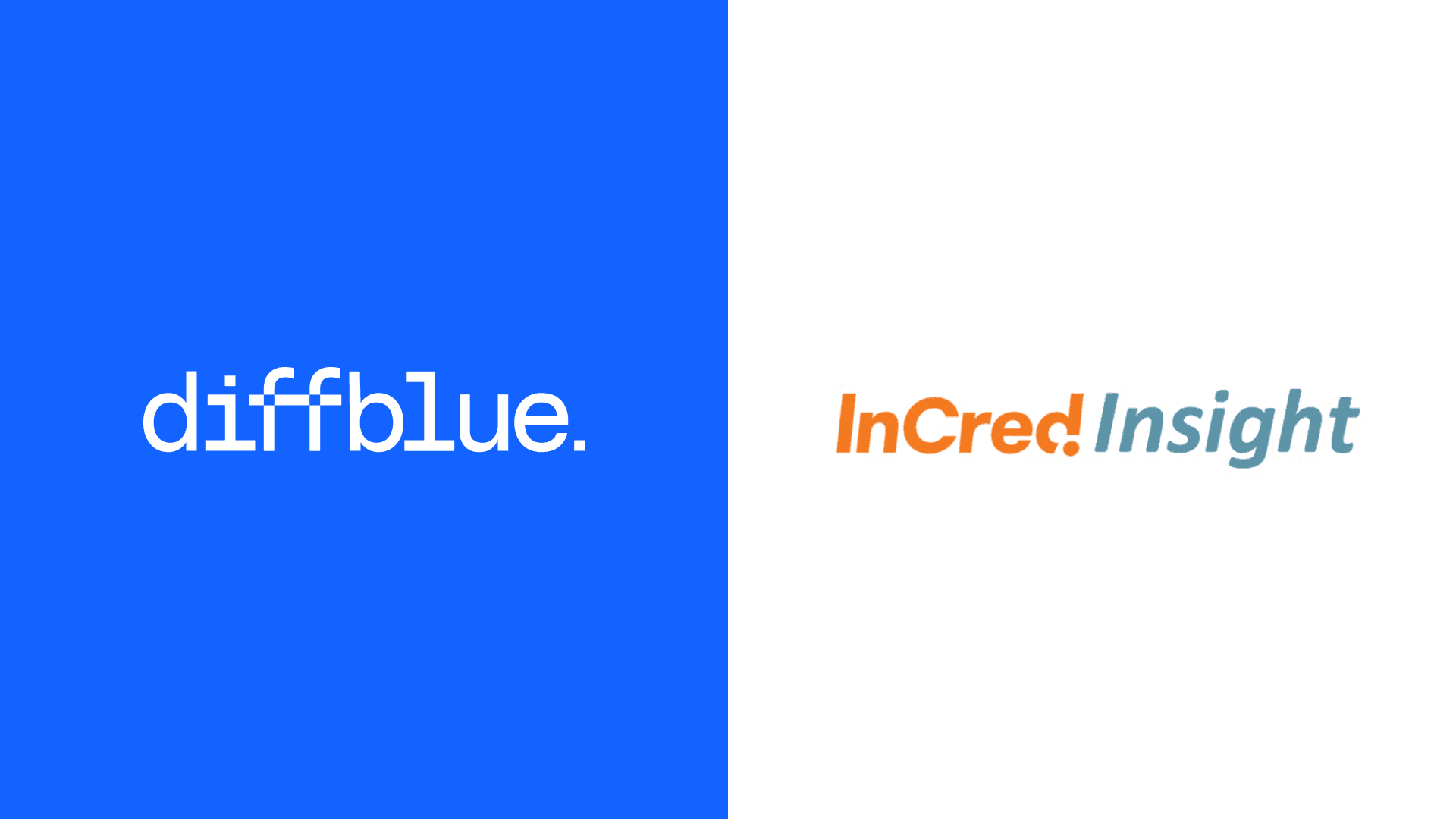The pitch from the search firm sounded great, but then they all do, right? Great product, brand name customers, strong team, experienced investors — what’s not to love?
Much has changed in the software development world since my days in the early aughts as a product manager in the web test and monitoring business of Empirix (acquired by Oracle in 2006). But much has stayed the same: writing unit tests is nobody’s favorite thing to do; developers and testers need to pick tools from a very crowded, noisy market; and the pressures to innovate faster while reducing costs remain relentless. Who would want to charge into such a storm?
Diffblue.
Oxford pedigree
Since its genesis as a research project inside the Computer Science Department of Oxford University, Diffblue has been on a mission to transform the way software is written. Much like DeepMind, a fellow UK university spin-out that is now central to Google’s AI efforts, Diffblue’s expertise is in reinforcement learning, a type of generative AI technology.
In our case, the application of reinforcement learning has been eliminating time-consuming development tasks that most developers would like to avoid.
Diffblue’s value proposition
Today, Diffblue leverages its generative AI platform to automatically create unit tests for Java applications. In minutes, our platform generates a comprehensive suite of high quality, human readable tests that would take developers months or even years to write.
It plugs right into our customers’ CI/CD pipelines so the tests can run with every build to detect regressions automatically.
The end result is better test coverage, more productive developers, more time for innovation, and ultimately better customer experiences.
Customer traction
It turns out the recruiter’s pitch was totally true. Diffblue’s product has been adopted by thousands of developers and some of the biggest, most sophisticated software development organizations on the planet. Fortune 500 banks, global insurers, and household technology brands rely on Diffblue as part of their SDLC.
Many of their stories are here.
Coexistence with Copilot
A few months ago when I told a friend I was considering this opportunity, his initial reaction was, “hasn’t the whole genAI code automation market already been commoditized by Copilot?” That was a concern I had during my initial research into the market, and the answer turns out to be a resounding “no!”.
Large language model based coding assistants have a great deal to offer developers, but when it comes to unit test development, Diffblue’s approach has been shown by customers to be 50 times faster, hallucination free, and without the security and liability concerns that some companies have with LLMs.
The results from this recent head-to-head showdown by an independent third-party make a compelling case.
Market Tailwinds
While the strong foundation that Diffblue has built is an enormous asset, equally important are the three IT mega-trends driving the market opportunity.
Generative AI has been one of the hottest trends in recent memory, and, as the hype subsides, IT organizations are looking to deliver on its promise. Cost-effective, high ROI, low-risk projects like the ones Diffblue makes possible offer an easy way for innovative organizations to show that they are realizing real benefits using genAI.
Second, the “shift-left” trend towards developer empowerment remains a prevailing force, and the company’s ability to increase engineering teams’ productivity while increasing their job satisfaction will continue to be a potent combination.
And lastly, the continued focus on automation as a way to lower costs and increase quality remains a top priority for most organizations. Again, Diffblue offers quick wins here that can be realized by both small and large companies.
Going Forward
I’m honored to have the opportunity to lead Diffblue in its next chapter. Having looked at many opportunities over the last several months, I believe this company is distinguished by its differentiated product, blue-chip customer base, and a great board and investors.
Equally important is the strong culture that has been deliberately cultivated. I’m grateful to be able to build on such a strong foundation, and am confident that there are exciting times ahead.
The company’s choice to hire a US-based CEO is a reflection of our strong customer traction in this market and our commitment to expanding on this side of the Atlantic.
Watch this space.








